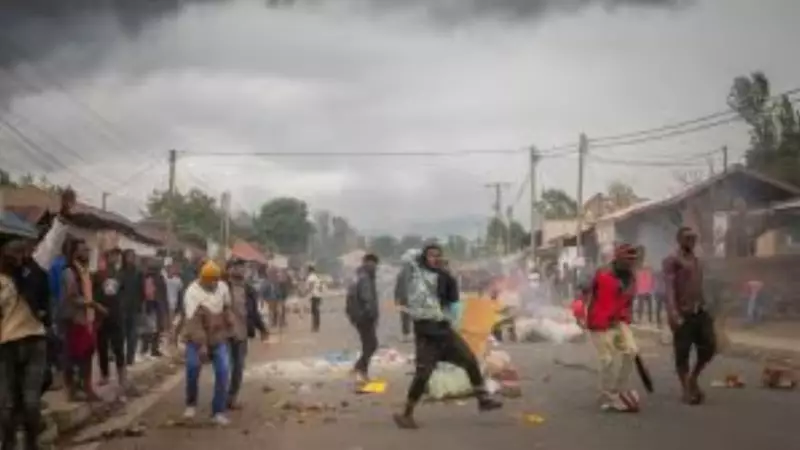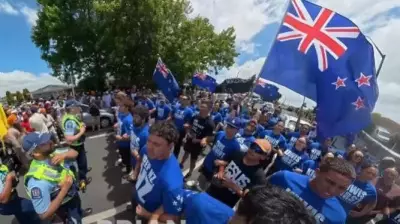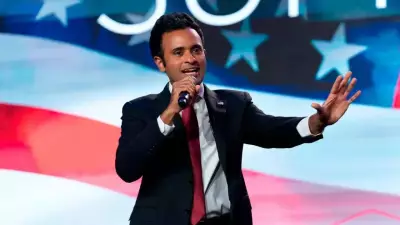
The United Nations has released a shocking report indicating that hundreds of people were killed during violent protests surrounding Tanzania's 2020 general elections. This comprehensive documentation reveals the extensive human rights violations that occurred during the political turmoil.
Detailed Account of the Violence
According to the UN report, security forces in Tanzania engaged in excessive use of force against protesters and opposition members during the contentious 2020 elections. The document specifically mentions that at least hundreds of people lost their lives in the crackdown that followed the disputed election results.
The violence was particularly severe on the semi-autonomous islands of Zanzibar, where political tensions have historically run high. Opposition parties had organized widespread protests alleging electoral fraud and manipulation by the ruling party. What began as peaceful demonstrations quickly escalated into violent confrontations with security forces.
International Response and Condemnation
The UN human rights office expressed deep concern about the systematic nature of the violations and the apparent impunity enjoyed by security forces. International observers and human rights organizations had previously raised alarms about the deteriorating political situation in Tanzania under the administration of the late President John Magufuli.
Multiple eyewitness accounts described security personnel using live ammunition against unarmed protesters. The report documents instances where medical personnel were prevented from assisting wounded demonstrators, and families were denied access to the bodies of their loved ones.
The timing of the UN report is significant as it comes during ongoing political reforms under current President Samia Suluhu Hassan, who took office following Magufuli's death in 2021. The international community has been closely watching whether the new administration would address the human rights abuses of the previous government.
Political Context and Aftermath
The 2020 elections marked a particularly turbulent period in Tanzanian politics. The main opposition parties had faced significant restrictions in the lead-up to the voting, including limited access to media and numerous legal obstacles. When the National Electoral Commission declared the ruling party victorious, opposition supporters took to the streets in several major cities.
Local human rights organizations had been documenting the casualties since 2020, but their reports were often dismissed by the government. The UN's independent verification provides crucial international validation of these earlier accounts. The world body has called for accountability measures and thorough investigations into the incidents.
Current President Samia Suluhu Hassan has initiated some political reforms, including lifting bans on certain media outlets and engaging with opposition figures. However, victims' families and human rights advocates argue that true reconciliation cannot occur without proper accountability for the election-related violence.
The UN report concludes with recommendations for the Tanzanian government to ensure independent investigations, provide reparations to victims' families, and implement structural reforms to prevent similar tragedies in future elections. The international community continues to monitor whether these recommendations will be implemented as Tanzania moves toward its next electoral cycle.





